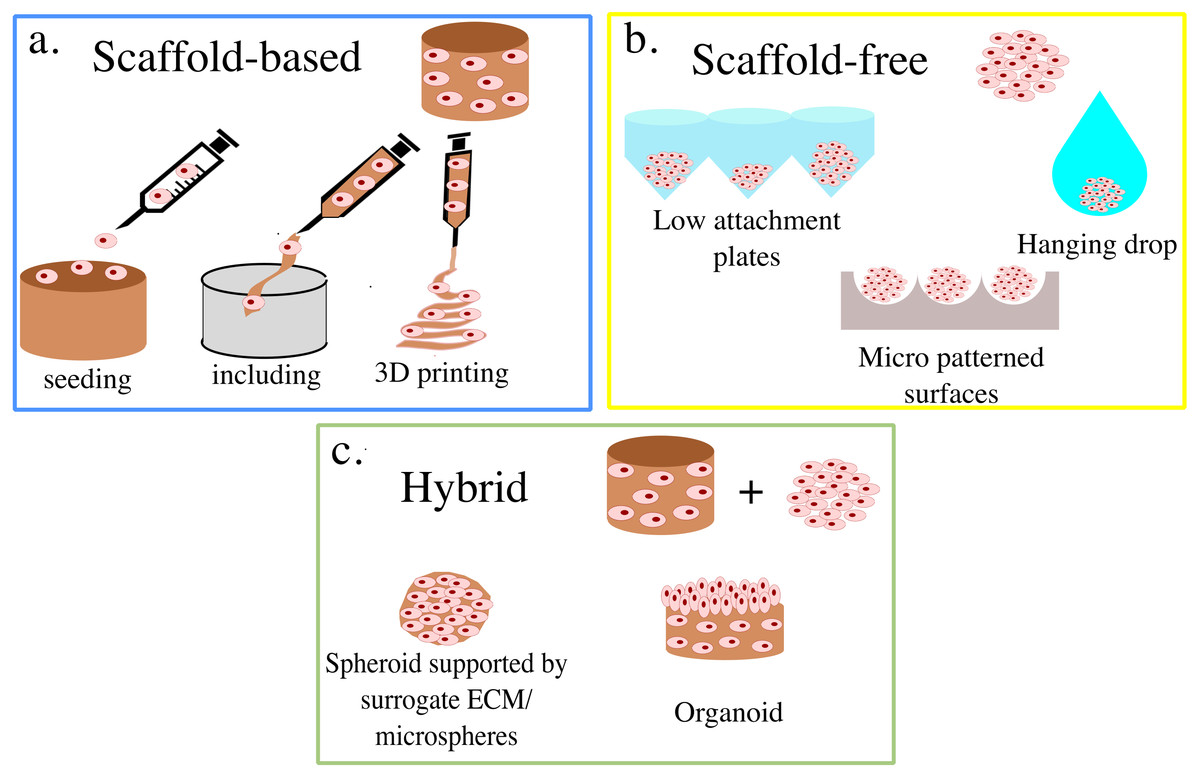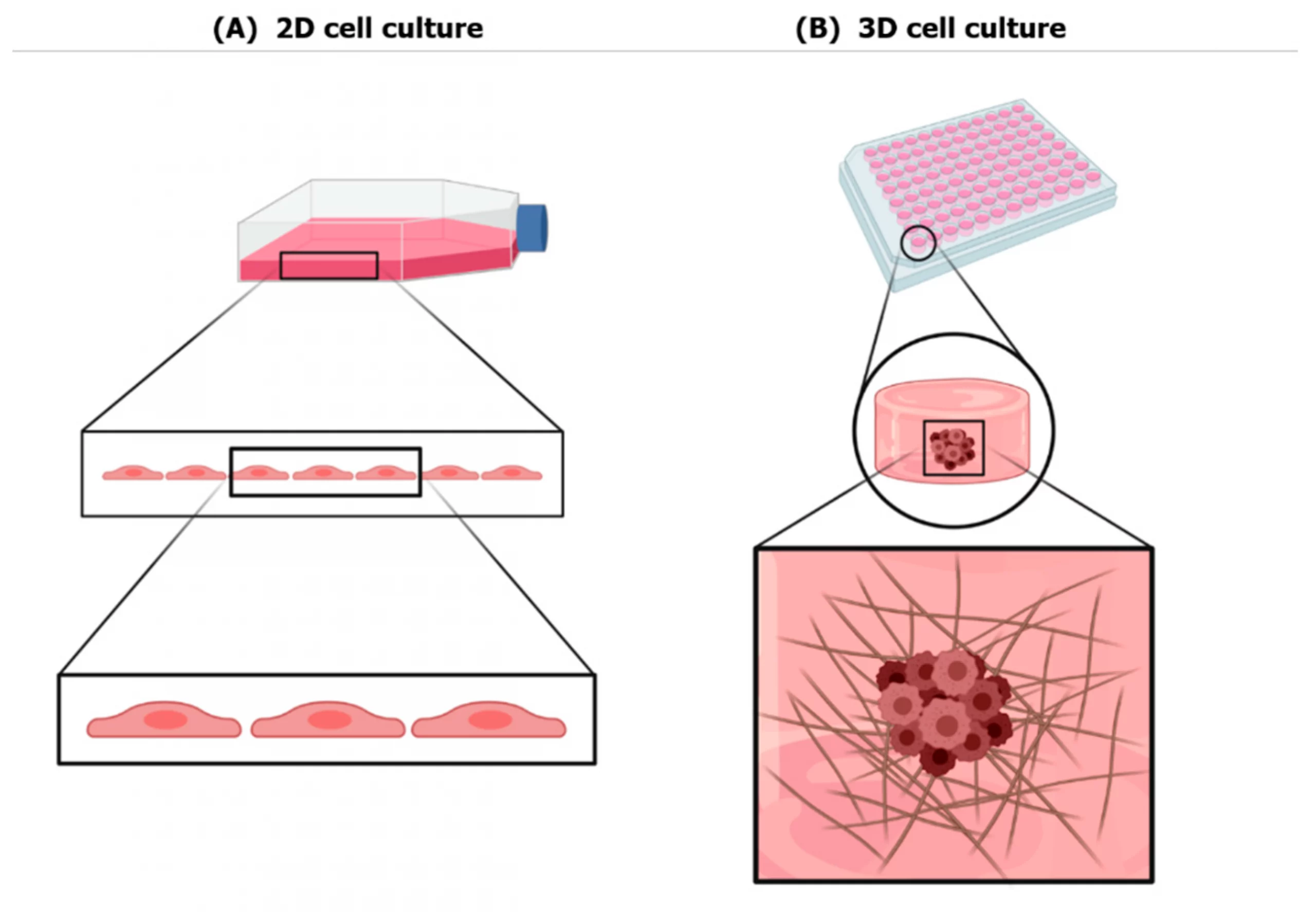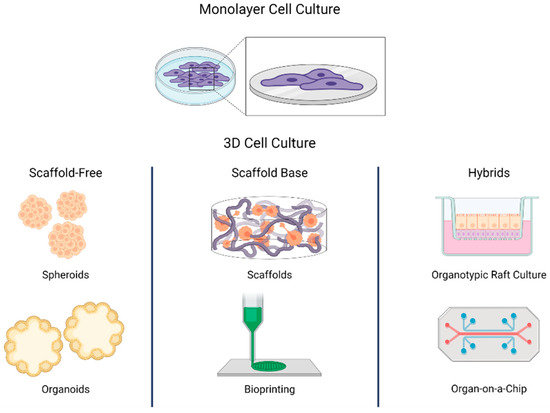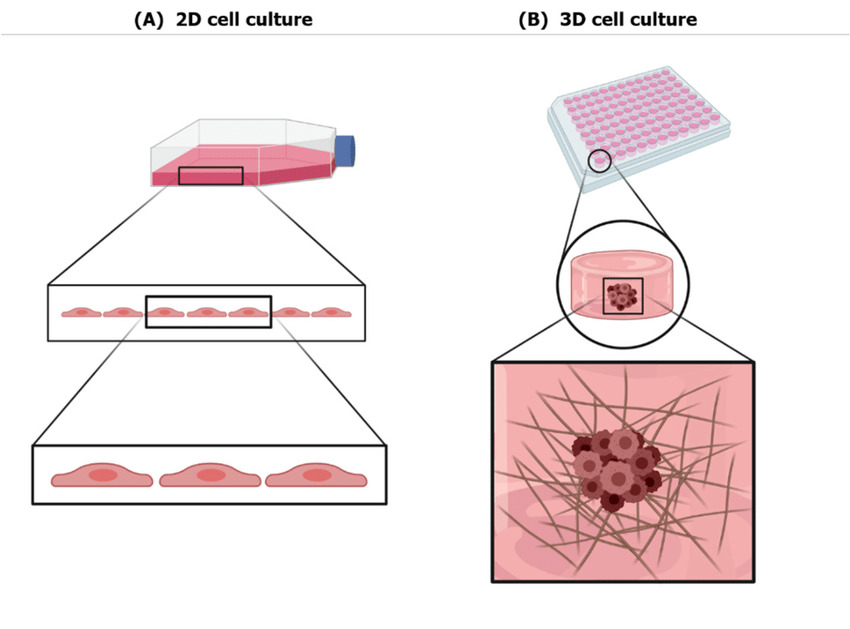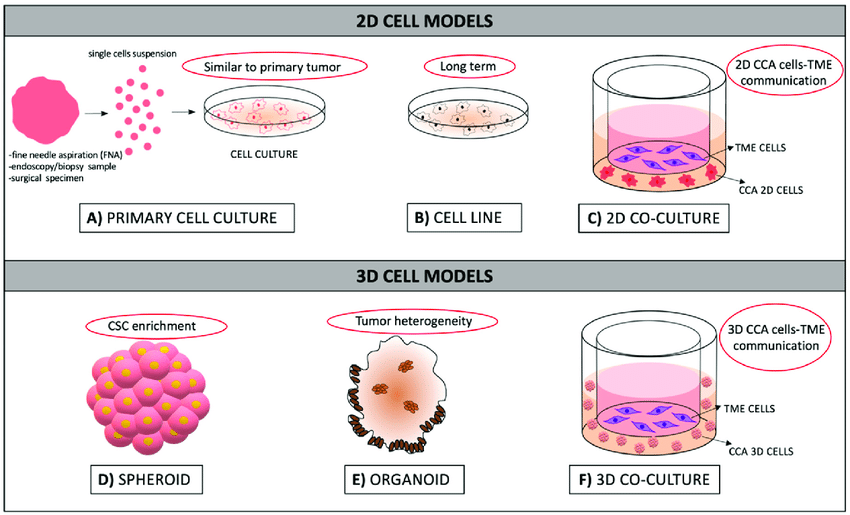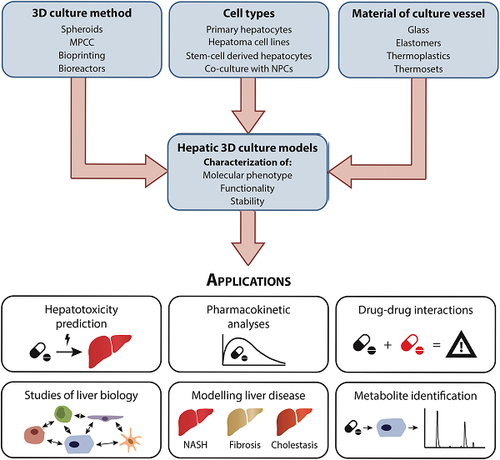How Entering the Third Dimension of Cell Culture is Transforming Biological Research
Cell-based assays are one of the important pillars of the drug discovery process to provide a simple, fast, and cost-effective tool to avoid cost-intensive animal testing. To date, the traditional two-dimensional (2D) cell monolayers are the preferred method to culture
The Superiority of Three-Dimensional over Two-Dimensional Cell Culture in Tumor Research
Three-dimensional (3D) cell culture technology has become one of the main focuses of tumor cell biology, using its various methods and materials to mimic the in vivo microenvironment of tumor cells cultured ex vivo. 3D culture techniques promise to be
Three-dimensional Cell Culture: A Look into the Future
Two-dimensional (2D) cell cultures have been used by researchers since the early 1900s, but we are well aware of how growing cells on planar surfaces has some drawbacks. Cells grown in vitro in 2D space don’t behave like cells found
Magnetic-Based 3D Cell Culture
Pre-clinical cell-based assays have become a crucial tool in the advancement of biomedical and pharmaceutical studies, particularly in developing diagnostic tools, drug discovery, pathophysiological research, and regenerative medicine. Cell based assays allow for reduced use of expensive animal models and
Cancer spheroids in drug screening
Spheroids are three-dimensional structures that can be used as 3D cell culture models. It has been extensively shown that they mimic both architectural and structural property of human tissues. Spheroids play an increasingly crucial role in the context of drug
Bridging The Gap Between Three-Dimensional Cultures and Animal Models
Animal models for specific diseases require a pre-existing insight into whether it’s the causative or a genetic condition. They are created by applying harmful conditions to animals or by manipulating the genes involved for a particular disorder respectively, whereas three
EVOLUTION FROM 2D to 3D CELL CULTURES
Cell culture is an important and necessary tool in drug discovery, cancer research as well as in stem cell studies. Cells are cultured using two-dimensional methods, but new and improved methods have now evolved and implemented 3D cell culture techniques.
3D cell culture as a suitable research platform for multiple sclerosis (MS)
Among the neurodegenerative diseases, Multi sclerosis is the most common chronic disease prevalent among the young adult population with an early onset at 20-40 years of age, with a high occurrence among women (1). MS is characterized by focal plaques
Primary Hepatic 3D culture systems
In the past decade 3D liver cultures as developed in leaps and bounds for study of liver functions, and disease progression. Most of these culture systems are also adopted commercially, for testing drug toxicity, drug interactions and pharmacokinetics. Such advances
3D cell culture as a suitable research platform for multiple sclerosis (MS)
Among the neurodegenerative diseases, MS is the most common chronic disease prevalent among the young adult population with an early onset at 20-40 years of age, with a high occurrence among women (1). MS is characterized by focal plaques with


